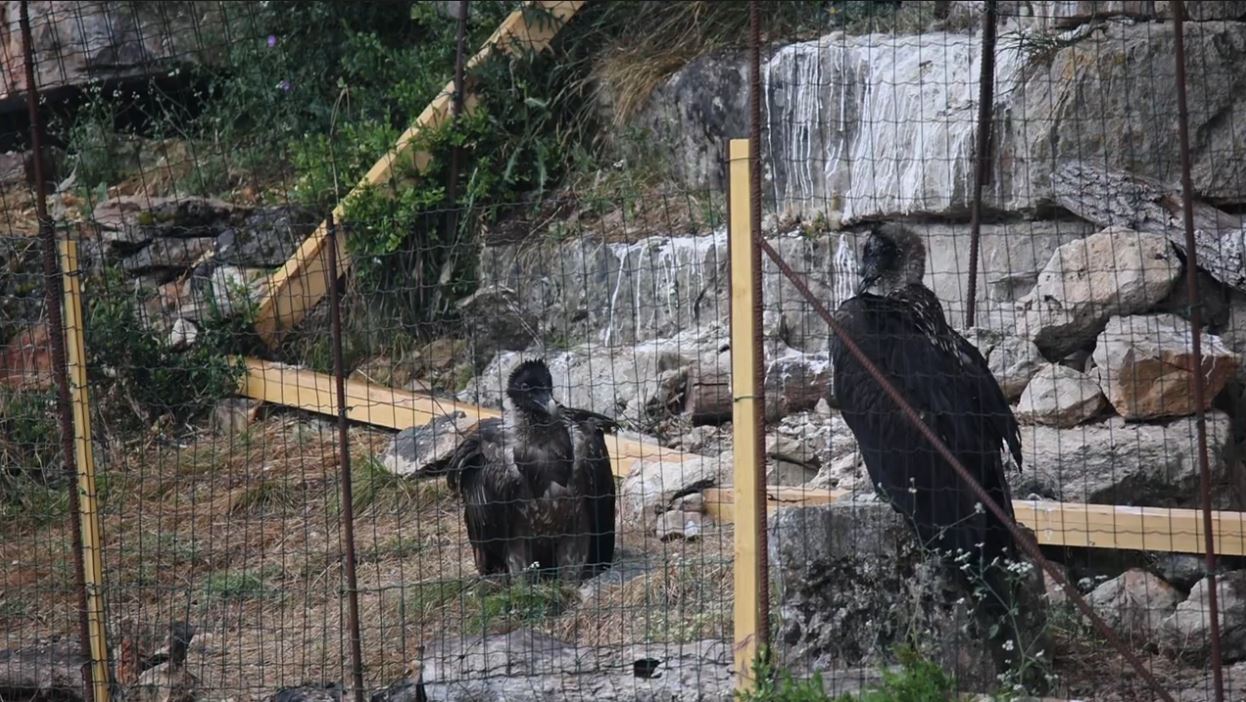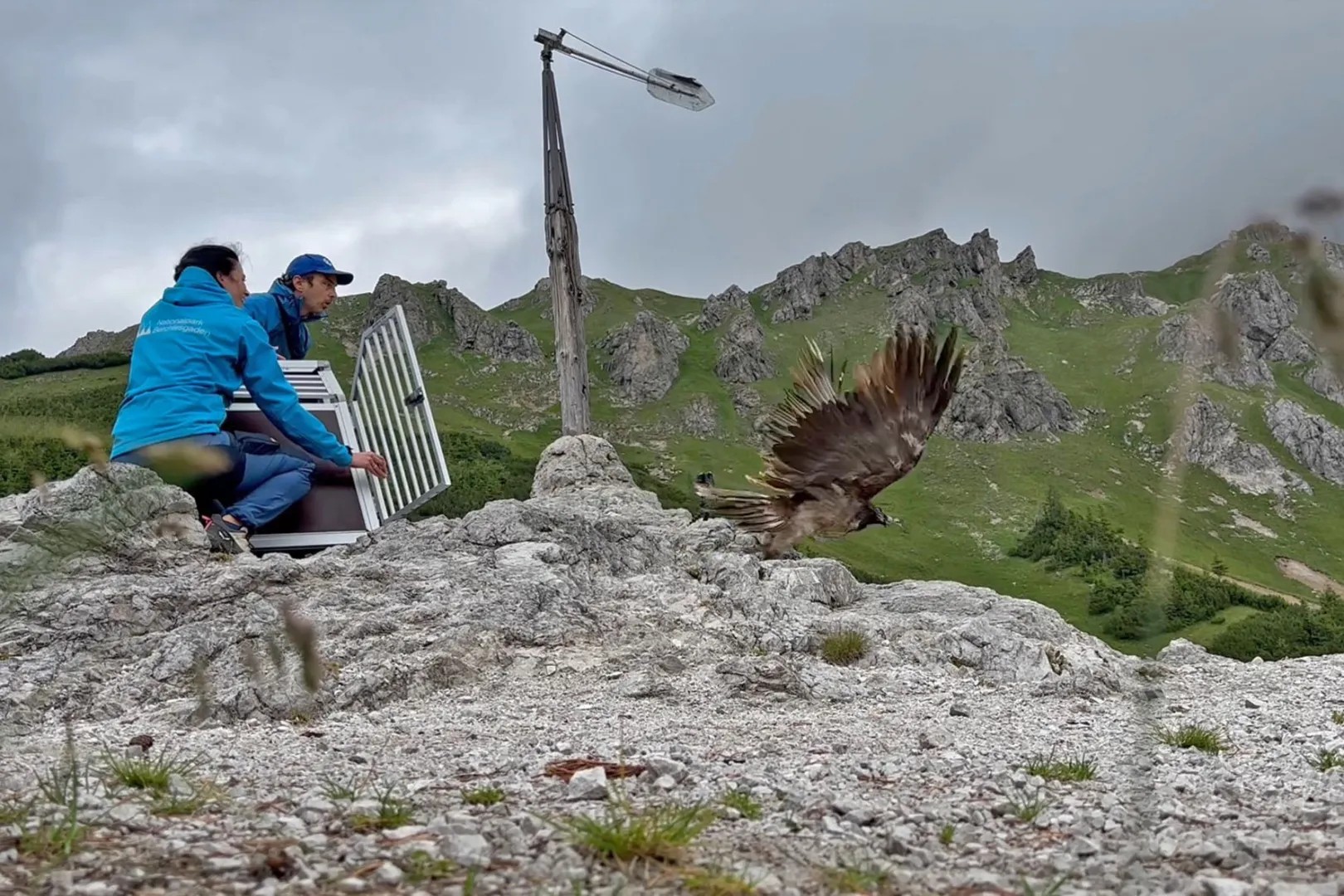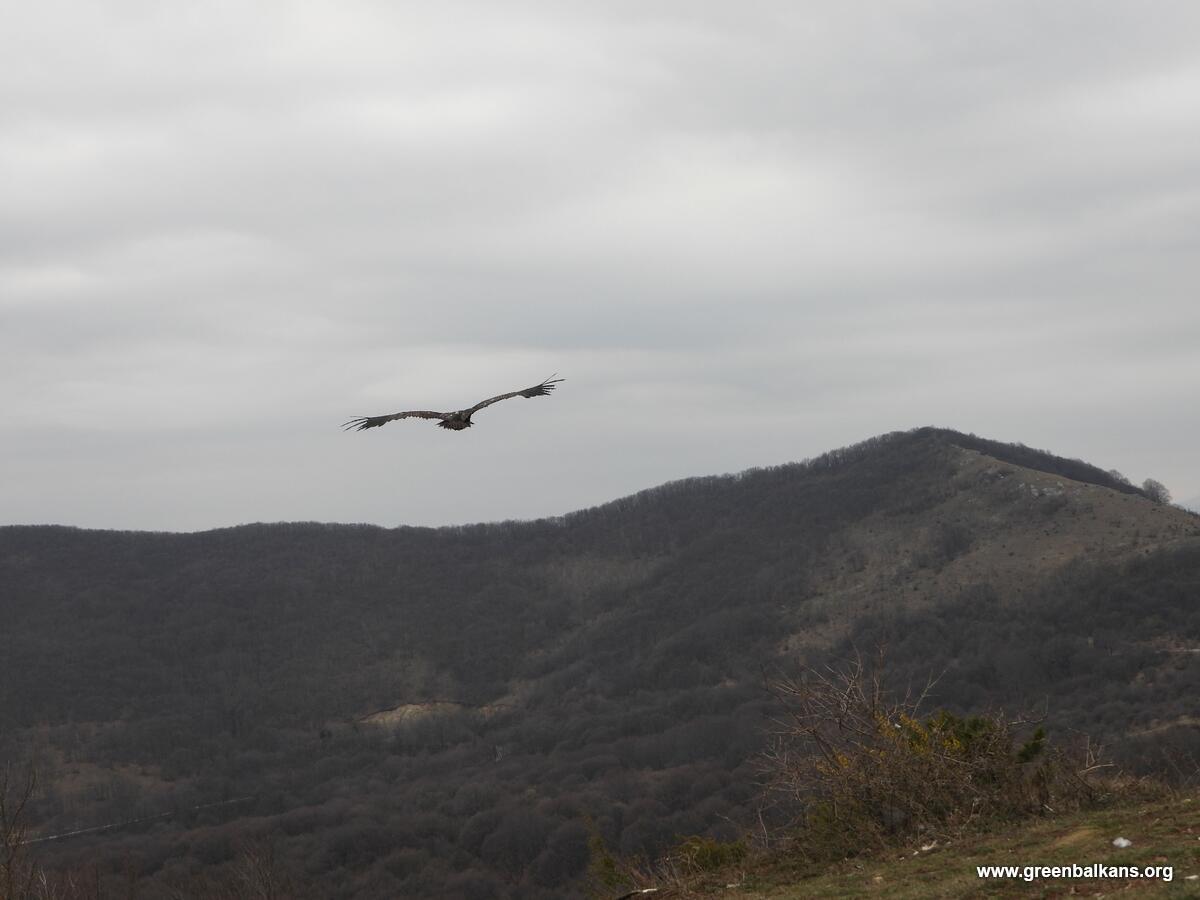The regional Agriculture Agency of Castilla-La Mancha (Consejería de Agricultura) has recently proposed a new draft regulation, establishing new management measures related to the remains of hunted wild ungulates, purportedly aimed to improve animal health, but that limit the scavenging opportunities for vultures and other birds.
The new measures are not justified on the basis of current animal health legislation (regulations SANDACH CE1069 / 2009 and 142/2011 EU), and may contradict European legislation on the protection of wild species (Birds Directive 2009/147 / EC Habitats Directive 92/43 / EEC).
The new draft regulations would reduce significantly a very important food source for vultures, and also increase significantly the economic costs both for hunting managers, the owners of hunting estates and the regional competent administrations. All this because the new draft regulations advocate a blind and blank management of the hunting remains independently of their risk – in itself a contradiction of the main purpose of the draft new management measures -, and will not contribute to decrease the risk of transmission of diseases such as tuberculosis to people or to domestic livestock.
According to current legislation, the management of the byproducts of the big game hunting requires a thorough veterinarian inspection in situ that will determine if the hunted animals suffer from any disease. In such a case, the carcass has to be eliminated (incinerated or buried), but if no disease is diagnosed, then the hunting remains could be directed to human consumption, and the rests (viscera, legs and other unusable parts) are usually left to be eaten by vultures, which normally quickly dispose of them. In essence, vultures only get parts of animals fit for human consumption.
By contrast, the new regulations would prohibit the in situ deposit of hunted animals by-products in all areas of Castilla La Mancha where bovine tuberculosis is observed (the vast majority of this large province, including all the main hunting estates and vulture foraging areas in Toledo and Ciudad Real), independently of the health status of the wild ungulates. The new regulations propose that these byproducts, including all those of animals in good sanitary status, would need to be buried, removed by specialized companies for incineration in designated places, or taken to legal vulture feeding stations – all of them at a significant cost to hunting managers, estate owners or regional administrations. Further, the new draft regulation also suggests to reduce the area of the legal vulture feeding stations to only 400-1000 m2, which would increase the risks of vultures crashing against the fence (legal vulture feeding stations need to be fenced off).
The new measures proposed in Castilla La Mancha aim to reduce the prevalence of bovine tuberculosis in wild ungulates, and eliminate the consumption of sub products from hunted animals by species that are reservoirs of bovine tuberculosis such as wild boar. Unlike the management of domestic livestock, for which existing control programs are effective (eg delimitation of land use on farms, vaccination, management of water points, etc.), the management of wild ungulates includes numerous uncontrollable factors from a veterinary viewpoint, and requires assessment and evaluation of other variables like habitat use and functionality, wildlife population densities and management (supplementary feeding, population reinforcement, sex ratio, etc.). Also, there is no scientific evidence linking wild boar scavenging on risk-free, healthy by-products of wild ungulates, and the prevalence of bovine tuberculosis. Worse – the measures would certainly have a significant and negative impact on vultures and other scavenging birds, by decreasing the availability of food resources.
Vultures have traditionally demonstrated their important role in the sanitation of the countryside, by quickly removing dead biomass and preventing the transmission of the major zoonosis in the Mediterranean environment – the birds themselves are immune to virus and bacteria. In so doing they are providing an incredibly important “ecosystem service”, as they reduce the liberation of greenhouse gases into the atmosphere, and save local inhabitants and regional administrations of the cost of the removal of carcasses and their incineration in special plants.
Further, regional administrations have also the legal obligation to protect vultures, all of them legally protected under European, Spanish and regional conservation legislation. These new measures would have a significant impact on vultures in Spain – home to 90% of European’s vultures. The case of the cinereous or Eurasian black vulture is of particular concern – Spain has 95% of all black vultures in Europe, and this species depends partly on the rests of wild ungulates hunted in the Mediterranean hills, that usually constitute about one third of its diet. Besides vultures, there is a number of other endangered wildlife, including the threatened Spanish Imperial eagle, which also depends partly on this food source, particularly in the winter.
Rather than trying to restrict the disposal of risk-free wild ungulates sub-products, the competent authorities, estate managers and hunters should promote and celebrate the value and the actions of vultures as natural, cheap and highly efficient scavengers. Animal-byproducts could be left out in the already designated “areas for natural scavenging”, where domestic livestock carcasses are allowed to be left out for vultures – if the issue of wild boars is locally problematic, there are cheaper and efficient alternatives such as temporary fencing.
The VCF, together with the signatories below, ask the Junta de Castilla La Mancha to reconsider the draft law, and offer our contribution to directly address the issue with all parties concerned, and to look for win-win solutions that are effective, deliver the initial objective and do not cause a loss of biodiversity. This is not the case with the proposed new regulation!
Antoni Margalida is a researcher at the Institute of Ecology and Evolution, University of Bern, and at the University of Lleida. He specializes in the study of endangered species, primarily scavengers.
Javier Oria is president of the CBD-Habitat Foundation, an organization that develops collaborative projects with private estate owners on good management practices and conservation of endangered species in the Mediterranean area.
José Antonio Donazar is a professor working at the Department of Conservation Biology of the Doñana Biological Station (CSIC), and specializes in the study of endangered wildlife, mainly vultures.
José Antonio Sánchez-Zapata is a professor in the Department of Ecology at the University Miguel Hernández (Elche), and an expert on the ecosystem services provided by Scavengers.
José Tavares is the executive director of the Vulture Conservation Foundation (VCF), an European organization dedicated to the conservation of vultures in Europe
Contact:
Antoni Margalida: amargalida@prodan.udl.cat; antoni.margalida@iee.unibe.ch
![]() New regulation on eliminating by products of wild ungulates to control TB – Briefing in Spanish Nota de prensa Tuberculosis vf.pdf Adobe Acrobat Document 119.0 KB Download
New regulation on eliminating by products of wild ungulates to control TB – Briefing in Spanish Nota de prensa Tuberculosis vf.pdf Adobe Acrobat Document 119.0 KB Download ![]() The VCF and prominent Spanish scientists alert to a new threat to Iberian vultures – the proposal to eliminate all by-products of hunted wild ungulates The VCF and prominent Spanish scientists Adobe Acrobat Document 318.8 KB Download
The VCF and prominent Spanish scientists alert to a new threat to Iberian vultures – the proposal to eliminate all by-products of hunted wild ungulates The VCF and prominent Spanish scientists Adobe Acrobat Document 318.8 KB Download



